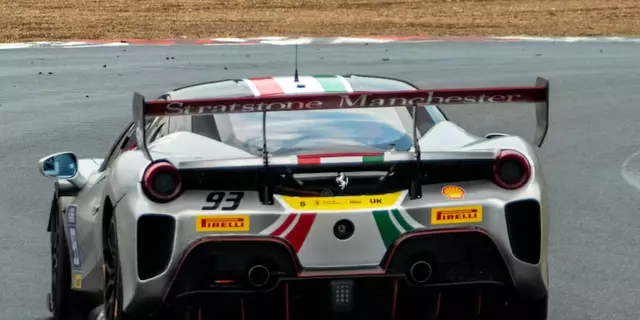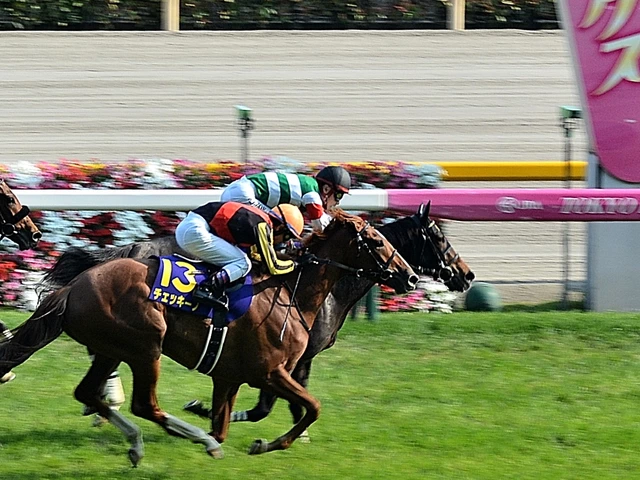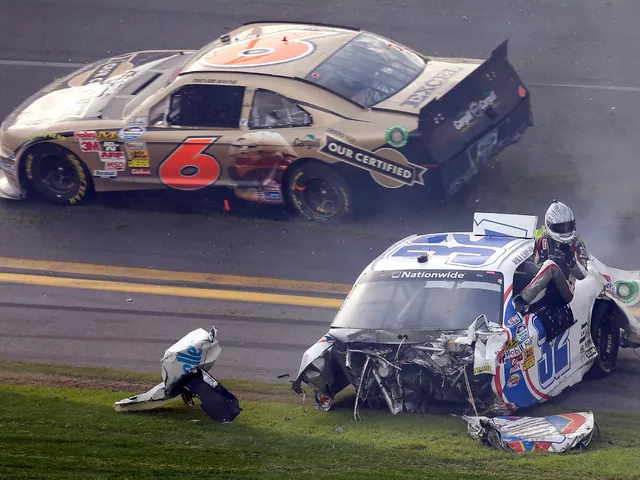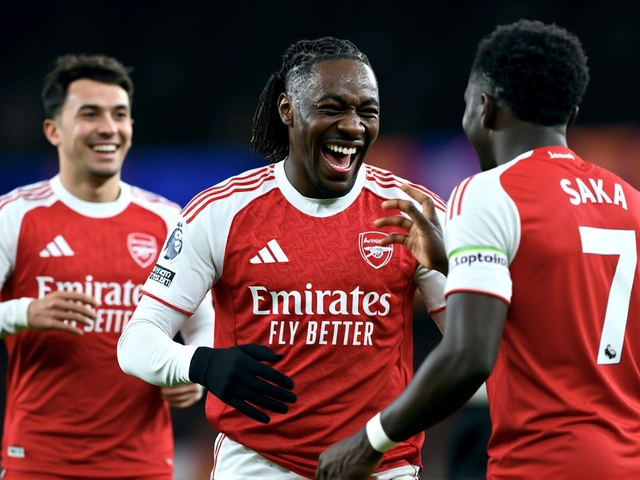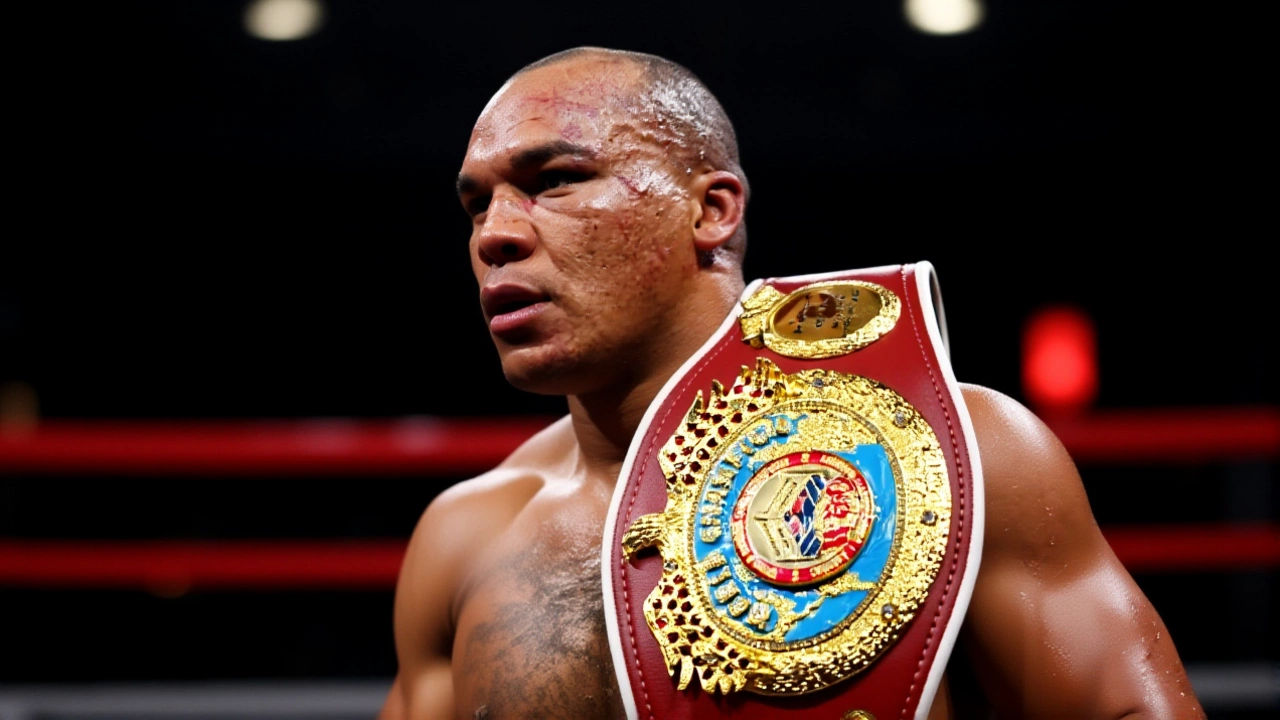
On November 17, 2025, Oleksandr Usyk made a stunning move that sent shockwaves through the heavyweight division: he voluntarily gave up the WBO heavyweight title. Not because he was injured, not because he was retiring — but because he refused to fight Fabio Wardley. The decision, confirmed by the WBO headquarters in San Juan, Puerto Rico, instantly elevated Wardley from interim champion to full world champion. No fight. No ring. Just a signature on a form — and a British boxer suddenly holding a world title he never had to earn by beating the man who held it.
How a Mandatory Challenge Became a Vacancy
The chain of events started on November 16, 2025, at The O2 Arena in London. There, Fabio Wardley, a 34-year-old undefeated British fighter from Peterborough, stopped former champion Joseph Parker in the 11th round to claim the WBO interim heavyweight title. Under WBO rules, the winner of that bout became the mandatory challenger to the reigning champion — Oleksandr Usyk. The sanctioning body had no choice but to order a defense. Usyk, however, had other plans.He didn’t negotiate. He didn’t request a delay. He didn’t even try to fight for a unification bout. He simply told the WBO: “I’m not fighting him.” And then he handed back the belt. It was a quiet, almost cold decision — but one that changed everything. Wardley, who had spent years grinding in regional bouts and was barely known outside the UK boxing scene, was now the recognized world champion. No title defense. No blood. Just a piece of paper and a phone call.
Why Usyk Walked Away
The question on everyone’s lips: Why? Usyk, 38, is a former undisputed cruiserweight king who moved up and beat Anthony Joshua twice. He’s a technical genius, a master strategist. He doesn’t lose fights — he avoids them when they don’t serve him. And this one didn’t.Wardley, while undefeated at 18-0, is a powerful puncher with a 78% KO rate — but he’s never faced someone of Usyk’s caliber. A fight would’ve been risky. Win? You’re still fighting the same guys: Joshua, Fury, maybe even the rising Jake Paul. Lose? Your legacy crumbles. Vacate? You keep your record intact, your reputation as a tactician, and you walk away with your legacy untouched.
It’s not cowardice. It’s chess. Usyk’s been playing the long game since he moved up. He held all four belts at cruiserweight. He beat Joshua twice. He’s already cemented his place in history. Why risk it against a man who’s never fought beyond the fringe of the top 10? The math didn’t add up.
Wardley’s Meteoric Rise
Fabio Wardley didn’t come from nowhere. He came from the gym. From the undercard. From the pubs of Peterborough where his father worked as a mechanic and his mother taught him to never back down. He turned pro in 2015. He won his first 16 fights by knockout. He fought in front of 3,000 people. Then 10,000. Then 20,000 at The O2 Arena.And now? He’s the WBO heavyweight champion. Without ever stepping into the ring with Usyk. The WBO didn’t make him prove himself against the champ — they just gave him the belt. It’s unprecedented in modern heavyweight boxing. The last time a mandatory challenger jumped straight to full champion without fighting the incumbent was in 1996, when Lennox Lewis was elevated after Michael Moorer vacated. But even then, Lewis had already beaten Moorer in a title bout.
Wardley’s ascent is faster than any heavyweight in the last 30 years. He earned the interim belt on November 16. By 12:15 PM UTC on November 17, he was the full champion. That’s 12 hours. That’s not a rise — it’s a launch.
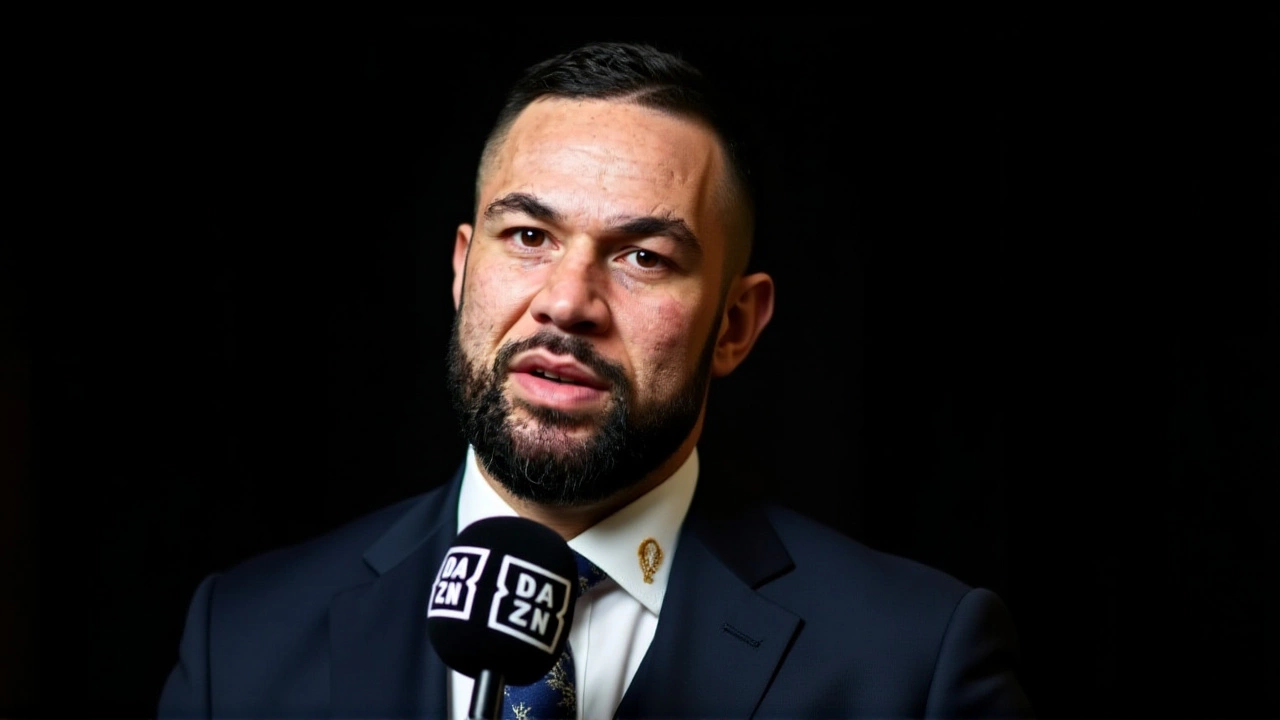
The Ripple Effect: Joshua, Paul, and the New Order
The timing couldn’t be more dramatic. On the very same day Usyk vacated, it was confirmed that former unified champion Anthony Joshua will face American social media star Jake Paul on December 19, 2025. The fight is billed as a spectacle — but it’s also a distraction. While the boxing world watches Joshua vs. Paul, the real power shift is happening quietly: Wardley now controls the WBO’s side of the division.Who does he fight next? The WBO hasn’t said. But the options are juicy: Tyson Fury, who holds the WBC and The Ring title; Deontay Wilder, who’s been calling for a comeback; or even Joshua, if he wins and wants to reclaim a belt. Wardley’s name is suddenly on every shortlist.
And here’s the twist: Wardley doesn’t need to prove he’s worthy. He already is. The belt says so. The WBO says so. The world now watches him — not as a challenger, but as the champion.
What This Means for Boxing’s Future
This isn’t just about one fighter walking away. It’s about the system breaking. The WBO, like the other sanctioning bodies, was created to bring order. But when champions refuse to defend against mandatory challengers — and the organization just hands the belt to the challenger — the system loses credibility.It’s like a football league letting the runner-up win the trophy because the champion didn’t show up. Fans feel it. The sport feels it. And now, the heavyweight division has two paths: the spectacle route (Joshua vs. Paul) and the legitimate route (Wardley vs. whoever comes next). The two don’t intersect. And that’s the problem.
Usyk’s decision may protect his legacy. But it fractures the division. Wardley’s title feels hollow to some. But to others — especially in the UK — it’s a miracle. A working-class kid from Peterborough, holding a world title because the greatest of his generation chose not to fight him.
Boxing has always been about heart. But lately, it’s been about contracts. And this? This is the new reality.
Frequently Asked Questions
How did Fabio Wardley become champion without fighting Oleksandr Usyk?
The WBO ordered Usyk to defend against Wardley after Wardley won the interim title by beating Joseph Parker. Usyk chose to vacate the belt rather than fight. Under WBO rules, when a champion voluntarily relinquishes a title, the mandatory challenger is elevated to full champion. Wardley never had to face Usyk — he inherited the belt by default.
Is Fabio Wardley’s title considered legitimate?
Yes — officially. The WBO recognizes him as the full champion, and he’s now the only recognized WBO heavyweight titleholder. But legitimacy is subjective. Many fans question whether a champion who never beat the previous holder truly earned the belt. Still, in boxing, the sanctioning body’s word is law — and the WBO says he’s champion.
What are Wardley’s next possible opponents?
Top contenders include Tyson Fury (WBC champion), Deontay Wilder (former WBC champ), and Anthony Joshua if he wins against Jake Paul. The WBO has not yet mandated a defense, but a fight with Fury or Wilder would be the most logical — and most lucrative — next step for Wardley’s first title defense.
Why didn’t Usyk just fight Wardley?
Usyk, 38, is a master strategist who avoids unnecessary risks. Wardley, though undefeated, is a one-punch knockout artist with limited experience against elite competition. A loss would tarnish Usyk’s legacy. A win would leave him still facing Fury or Joshua. Vacating the belt allowed him to preserve his record and wait for a more favorable matchup — or possibly retire on top.
Does this weaken the WBO’s authority?
It certainly raises questions. When champions can walk away from mandatory defenses without consequence, the sanctioning body’s power is undermined. The WBO’s decision to immediately elevate Wardley without enforcing the fight makes it look reactive — not regulatory. Fans may begin to view WBO titles as less prestigious than those from the WBC or IBF.
What’s next for the heavyweight division?
The landscape is now fractured. Joshua vs. Paul on December 19 will dominate headlines, but Wardley holds the WBO belt — and no one knows who he’ll fight next. A unification bout between Wardley and Fury is the most logical path to restoring order. Until then, boxing’s heavyweight division has two champions: one by sanctioning body, one by spectacle.
